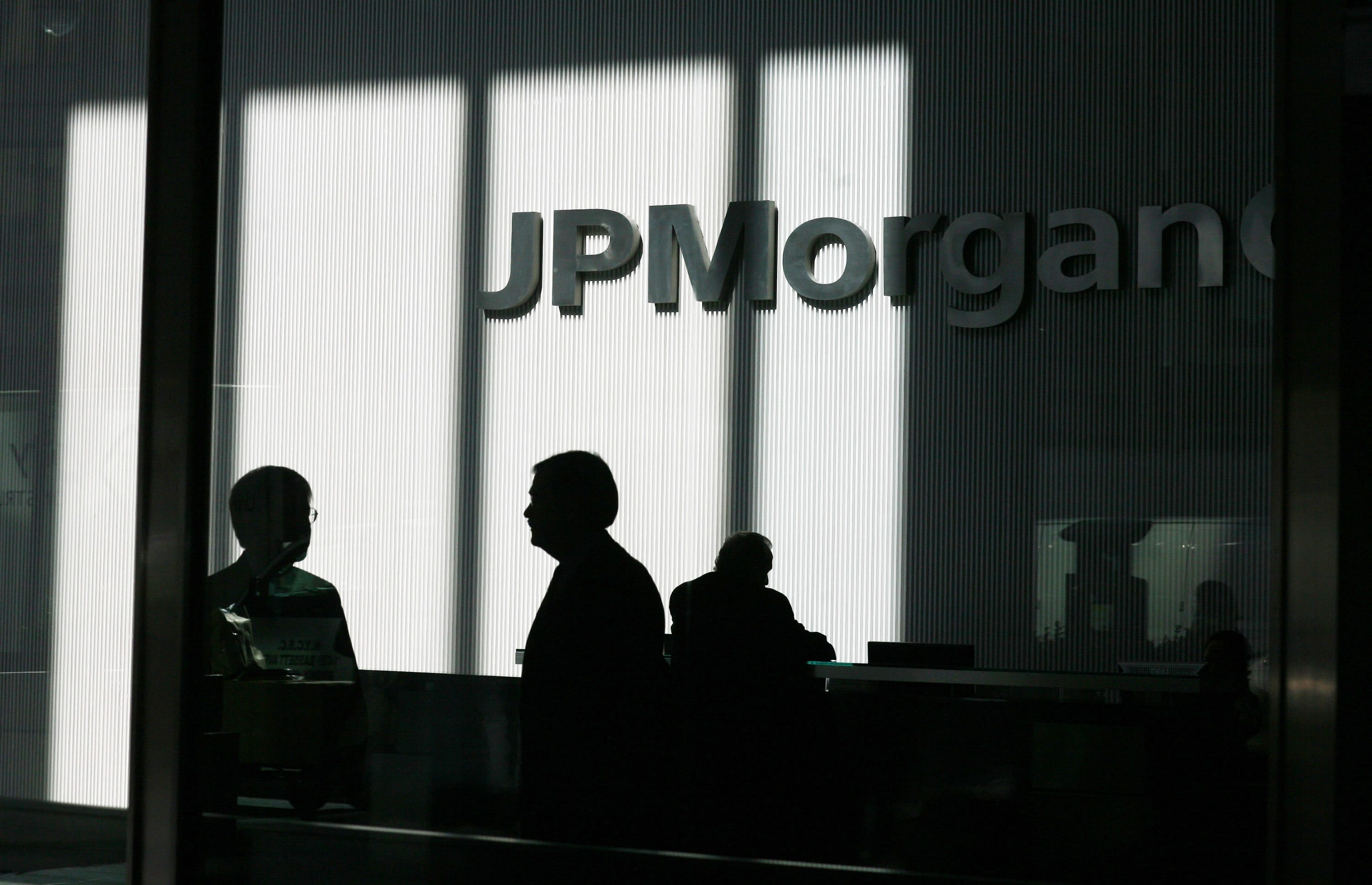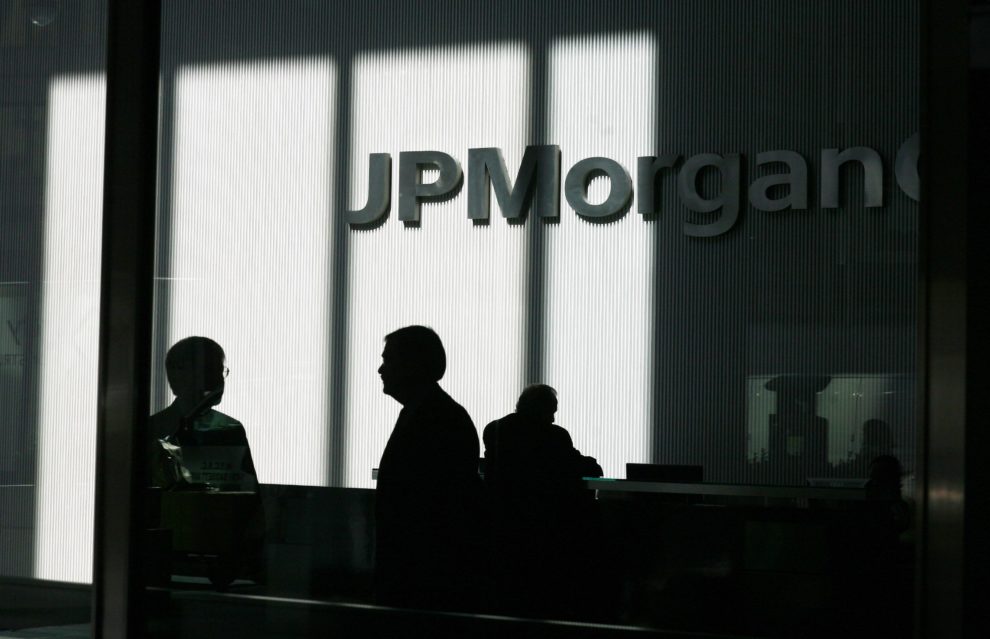
Call it a financial frenzy.
Big banks J.P. Morgan Chase, Citigroup, Wells Fargo and Goldman Sachs kicked off earnings season with their reports Tuesday, with J.P. Morgan leading the pack and the broader market higher after surprising Wall Street to the upside.
Experts, including Wells Fargo’s former CEO, were impressed by J.P. Morgan’s record revenue, but are largely biding their time with the others.
Here’s what they’re saying:
Richard Kovacevich, who was CEO of Wells Fargo from the late 1990s to the mid-2000s, found little to be enthusiastic about apart from J.P. Morgan.
“J.P. Morgan’s the outlier on a positive side, and the rest is pretty much as expected given the economic situation, the interest rate situation and the … uncertainties out there relative to trade that I think [have] reduced the confidence in the business community and therefore we’ve had less investment than might be the case if we had better news on the trade front.”
Jeff Harte, principal of Sandler O’Neill & Partners, said J.P. Morgan’s results could bode well for other parts of the financial sector:
“The standout here, I think, is J.P. Morgan’s results, how good they are. And I think the read-through for their peers is pretty positive here as well. … I think, as you look forward, this should be good news for the peer group, but … certainly better for the more commercial-bank-heavy players than necessarily investment-banking-centric players.”
Marty Mosby, director of bank and equity strategy at Vining Sparks, broke down the biggest beneficiaries:
“If you look at the difference that J.P. Morgan’s been able to see in the positive, part of that’s related to other income related to selling loans. Their tax rate was a little bit lower, so that’s about a third of it. You look at the other third – that’s going to be loan loss provision, which is going to be lower. So … those credit costs? They’re staying flat. They’re not going up at all. So, every time you see the market kind of anticipating that next leg up, it just hasn’t happened yet. So, those credit costs are low; Goldman Sachs doesn’t get that benefit. They haven’t built a loan book, so they don’t get that provision benefit. And then lastly, what you have is the investment banking and just what we saw in the [Fixed Income Clearing Corp.] business. That was the other third of the benefit that they got this quarter. … What we believe is you have some longer-term turnaround stories. And that’s Goldman, what they’re doing in their business mix. That’s what you’re going to see with Wells [Fargo] over time. And that’s what you’re going to see with State Street, actually. And we think State Street actually may be ahead of those other two in their inflection point. If you look at where we think the core in banking that can perform better than the rest [is], it’s really those super-regional banks.”











Add Comment